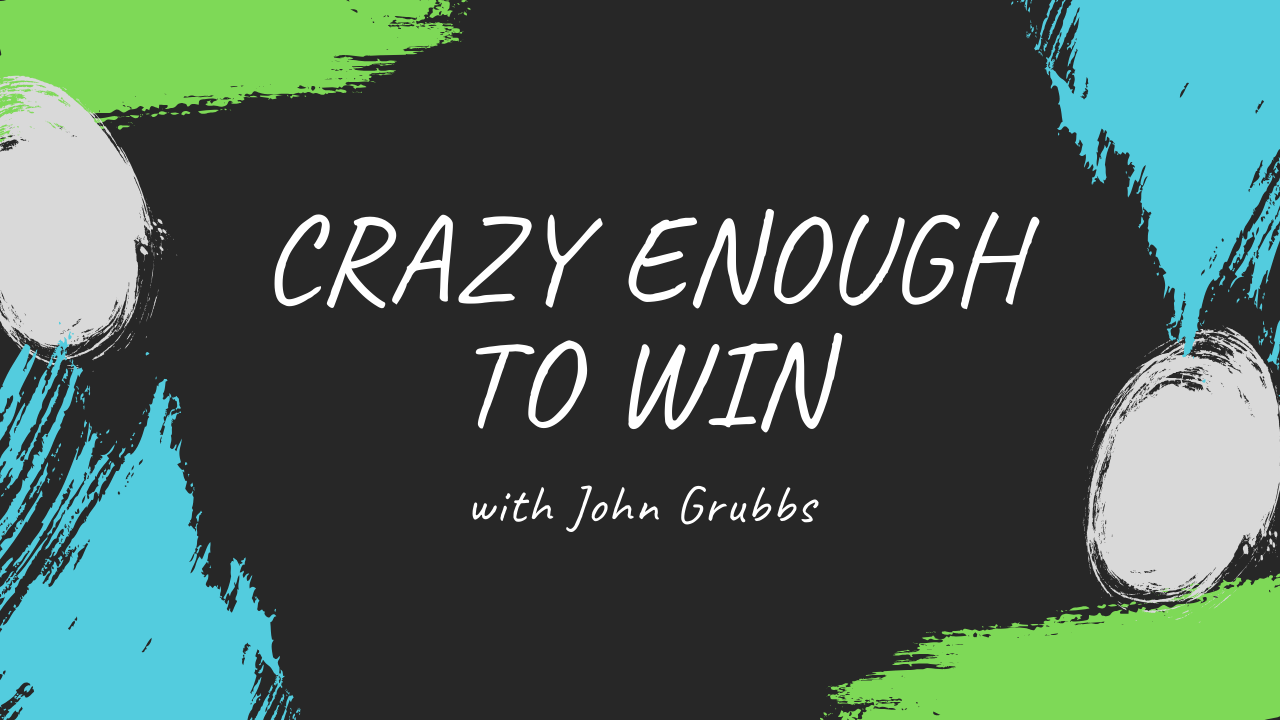|
Helping Companies Rethink, Recover & Refocus on the Future
Call John Grubbs (903) 295-7400
Emma had always prided herself on her leadership skills. As the head of a successful marketing team at Zenith Solutions, she was known for her attention to detail, commitment to excellence, and unwavering dedication to meeting deadlines. However, beneath this veneer of confidence lay a truth that Emma was unaware of: she was an accidental diminisher.
The term "accidental diminisher," coined by Liz Wiseman in her groundbreaking work on leadership, refers to leaders who, despite their positive intentions, stifle the growth and contributions of their team. These leaders often micromanage, make all the decisions, and inadvertently suppress the talents of those around them. Emma, unfortunately, was a textbook example.
The Awakening
One crisp Monday morning, the team gathered in the conference room for their weekly meeting. Emma walked in, armed with a meticulously prepared agenda and a stack of reports. She started the meeting by outlining the week's objectives, assigning tasks, and delving into the details of each project. The team members listened attentively, taking notes, but something was missing—their enthusiasm.
After the meeting, Emma returned to her office and noticed a book on her desk. It was Liz Wiseman's "Multipliers: How the Best Leaders Make Everyone Smarter." A note was attached: "Emma, I think you'll find this enlightening. Best, Maria." Maria, the HR director, had subtly nudged Emma towards a revelation.
Curiosity piqued, Emma began reading the book that evening. She was struck by the descriptions of diminishers and multipliers. Diminishers drained intelligence, energy, and capability from their teams, while multipliers amplified the intelligence and capability of people around them. As Emma read on, she felt an uncomfortable recognition. The characteristics of diminishers—micromanaging, making unilateral decisions, and being overly critical—were all too familiar.
The Realization
Emma's initial reaction was defensive. She believed she was being thorough and ensuring quality. But as she reflected on her interactions with her team, she began to see the truth. Her meticulousness often translated into micromanagement. Her commitment to excellence sometimes meant she took over tasks instead of allowing her team to handle them. Her critical feedback, meant to be constructive, often left her team feeling demoralized.
The turning point came during a one-on-one meeting with Jason, one of her brightest team members. Jason, usually enthusiastic and full of ideas, seemed unusually subdued. Emma, trying to probe gently, asked him about a recent project he had worked on.
"Jason, I noticed you didn't incorporate many of your innovative ideas in the last campaign. Why is that?" Emma asked.
Jason hesitated, then said, "Honestly, Emma, it's because I knew you'd change most of it. I've stopped trying to think outside the box because I feel like it's not valued."
Emma was taken aback. She had always thought she was encouraging creativity, but here was a clear indication that her actions were having the opposite effect. The weight of the realization settled heavily on her shoulders.
The Transformation Begins
Determined to change, Emma decided to...

